-
Ganesh Talkies, Kolkata
Ganesh Talkies, Kolkata

Hello Reader!
Welcome to the blog page of Dr. Megha Khanna, the best lady gynecologist in Kolkata.
Endometriosis can be pretty challenging on the mental side. Learn how to handle the emotional impact, and also discover some coping strategies with insights from one of the best gynecologists in Kolkata.
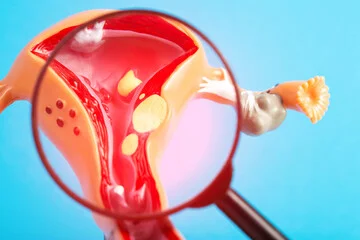
Endometriosis is a condition that significantly affects the reproductive system since it involves tissue similar to the uterine lining growing outside of it. Of course, much has been spoken about the physical symptoms of this condition, but the impact on mental health is equally alarming. Women with endometriosis may experience depression and anxiety and other emotional challenges partly due to the chronic pain and the unpredictability of endometriosis, besides the infertility problems associated with the condition in many women. Counseling the patient on such effects and assisting them in finding how to live with the condition can significantly improve the quality of their lives.
To live with endometriosis is much of an overwhelming experience because, most of the time, their symptoms are unpredictable. Such chronic pain, heavy bleeding, and discomfort will really have to burden a person’s life daily. It is a fact that mental and emotional strain gets affected as a result.
Endometriosis causes severe pelvic and sexual intercourse pain; it may also affect the bowel. The pain during sleep provokes sleeping disorders, fatigue, and feelings of hopelessness, leading to depression and anxiety. The stress added by the physical pain is that the body is always stimulated, and therefore not able to rest and recover.
In most cases, an indistinct diagnosis and a poorly controlled treatment can be pretty isolating for many women. Unpredictability in regard to when the next flare-up of symptoms would appear or how long it might take to conceive makes it feel that a woman has no control over her own body. This emotional uncertainty leads to anxiety and sometimes depression.
Endometriosis can also influence relationships. At one and the same time, this disease often affects both romantic and familial ties. In most cases, partners cannot possibly understand the depth of pain. For women, not being able to have children is also extremely stressful, especially when they very much want to become mothers. All these factors push the sufferer to isolation, frustration, and emotional suffering.
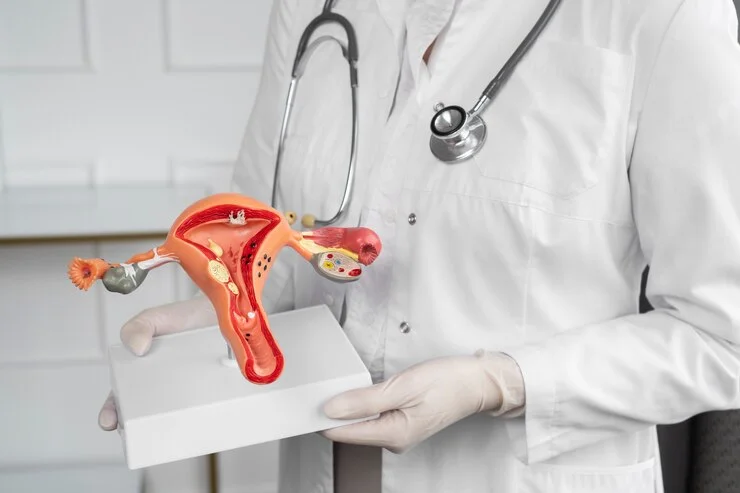
Though endometriosis can have a big psychological impact, there are effective ways to cope and improve mental health. Here are some coping strategies:
One of the most effective ways of coping with the mental health challenges associated with endometriosis is professional counseling or therapy. Cognitive Behavioral Therapy (CBT) has helped individuals manage chronic pain by reshaping thought patterns.
There is no way one will not get the right support system. Whether it is friends or family members or there is an online support group, it definitely comes in handy when you can relate with people who understand your experiences. Women afflicted with endometriosis find comfort in relating with others who have the same pangs and victories.
Mindfulness techniques, including meditation, yoga, or deep breathing exercises, help clients to gain some control over the stress and anxiety that often accompany chronic pain. Such techniques induce a sense of calm, grounding, and emotional balance.
A diet and exercise routine can keep one’s body fit and in good physical and mental health. Though it will not cure endometriosis, it can aid in the management of pain, help with mood, and potentially even decrease anxiety.
A doctor may be consulted for emotional disorders, such as depression and/or anxiety. Antidepressants or anti-anxiety medications may be used to treat symptoms when these feelings become overwhelming.
Some women overcome their condition through acupuncture or use herbal supplements among other alternative treatments. Though some women do not respond to these therapies, they could be complementary to the conventional methods of treating endometriosis, hence helping control the physical symptoms and/or the various emotional responses associated with this condition.
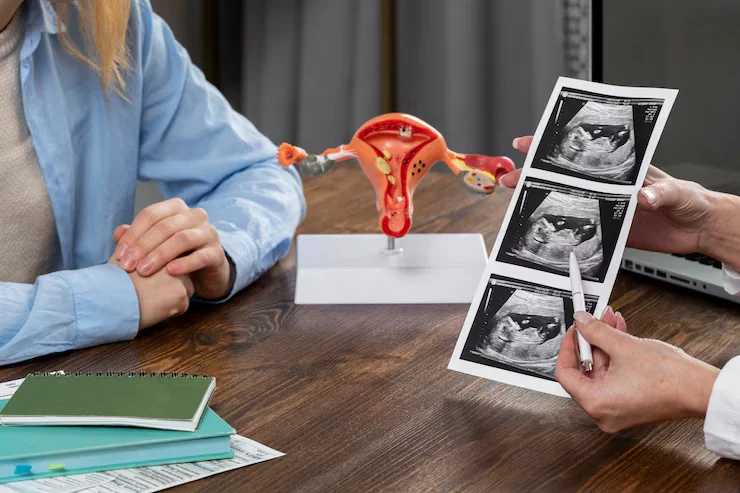
Infertility issues are also commonly linked with endometriosis. The condition often causes scarring, adhesions, or cysts in the ovaries, which further complicates getting pregnant. The anxieties and stresses of inability to conceive increase the feelings of anxiety, sadness, and even grief. Many women assert that the burden to get pregnant, especially if other treatments fail, worsens their emotional wellbeing.
It is important to be aware that infertility is psychologically challenging and seek help when required. Counseling will help manage emotions regarding sadness and loss, but more importantly, end the emotional pain often associated with this stage of endometriosis.
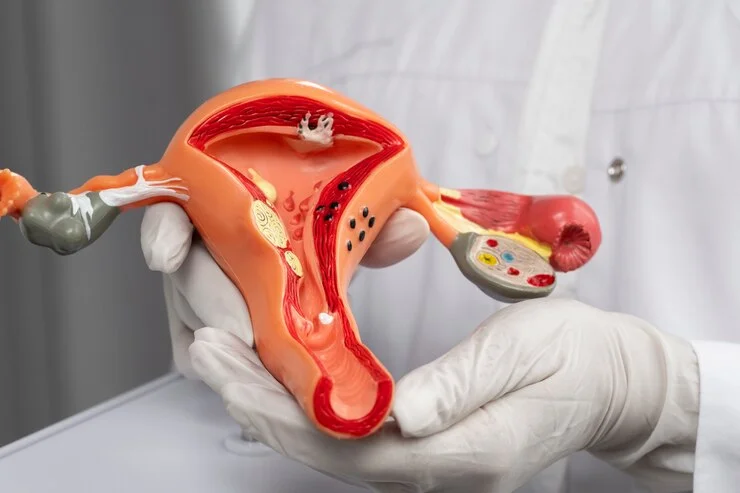
An uncontrolled medical condition such as endometriosis can cause many mental health problems when unstressed becomes uncontrolled; however, proper stress management may prevent mental health burnout. There are a few more strategies that might help:
Manage your expectations properly. Not every day will be perfect. It is all right to feel irritable if you need to stay in bed one day. Knowing your limits will help to reduce the feelings of guilt and frustration in doing what you cannot do.
Dealing with your body and mind requires self-care. Taking some time off to relax, enjoying a warm bath, listening to some music, or doing an activity helps heal one emotionally. Self-compassion, wherein you are gentle and gracious to yourself, is required.
Knowledge is power when dealing with endometriosis. Understanding how the condition is affecting your body and your mental health can empower you to take proactive steps in managing symptoms and improving your overall wellbeing.
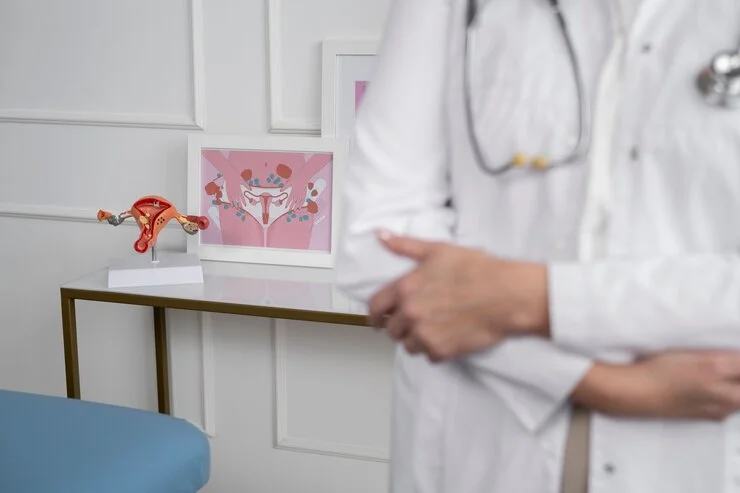
Indeed, chronic pain, inability to conceive, and psychological pressure of living with endometriosis can be depressing. Seeking mental health support and finding ways to cope with the situation may improve emotional well-being.
Speaking to a counselor, participating in a support group, and practicing more self-care would help overcome the emotional pain from infertility caused by endometriosis.
Yes, therapy can really help the emotional impact of endometriosis. Therapy can help you cope with pain, infertility, and other stressors related to the condition.
A stress-reducing method, of course, is meditation, yoga, and deep breathing. Acupuncture or herbal supplements may be helpful for some women in addition to the treatments mentioned above.
It is certainly impossible to live with endometriosis, but it is even more important to understand that there exist people out there who can still understand you. The mental health impact of this disease is a real phenomenon. Taking concrete steps to reduce stress, handle anxiety, and combat depression is very crucial to improving your quality of life. Get professional help, build a good support system, incorporate coping strategies, and be mindful.
If you want to get the best gynecologist in Kolkata, they will provide you with the overall medical advice and expert guidance that you need to tackle both the physical and mental aspects of endometriosis. Do not forget to take care of your psychological health as it works just like any other body part suffering from endometriosis.